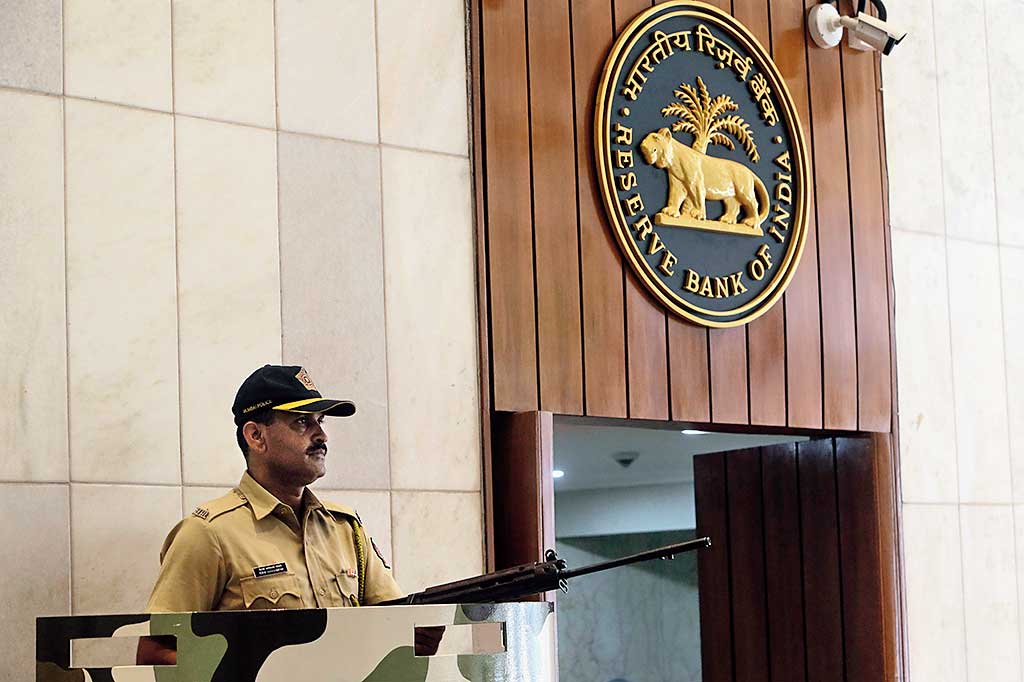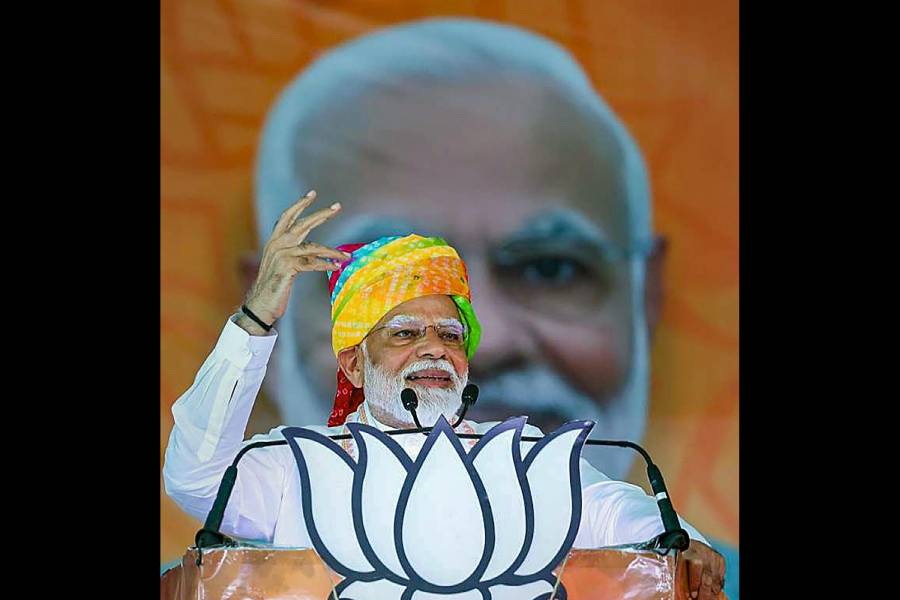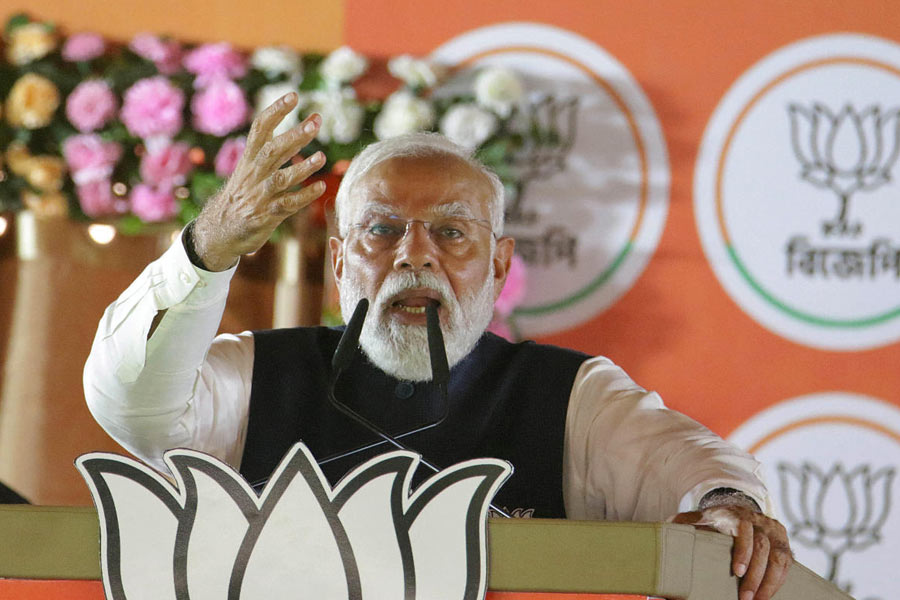The Reserve Bank of India (RBI) on Thursday took a major step to improve policy transmission, which could lead to banks lowering their lending rates.
The central bank said it will inject up to Rs 1 lakh crore of liquidity into the banking system through longer term repo operations (LTRO).
Banks can raise these funds from its repo window by parking government securities of one and three-year tenors. More importantly, they come at an attractive rate of 5.15 per cent, which is much below the existing deposit rates.
The repo is an instrument through which the RBI provides funds to banks.
The central bank has so far provided enough liquidity to the banks and the system was in surplus in December 2019 and January to facilitate the transmission of its monetary policy actions. However, the LTRO is being done to assure banks about the availability of durable liquidity at reasonable cost relative to prevailing market conditions.
Speaking to the press at the customary post policy conference, RBI governor Shaktikanta Das said they wanted to augment credit flows to productive sectors.
The move is also aimed at helping banks to lower their lending rates. The expectation is that with banks being able to raise funds at the repo rate, it will pass on this relief to the corporate borrowers, Das said.
The term repos of one-year and three-year tenors for a total amount of Rs 1,00,000 crore will be done from the fortnight beginning February 15, 2020.
“It is an effort to ensure better monetary policy transmission because we are giving the funds at the policy rate.
We want to inject Rs 1 lakh crore into the banking system that will enable banks to reduce their lending rates,” Das said.
According to deputy governor N.S. Vishwanathan, banks are just borrowing overnight and it comes back to the RBI into the overnight reverse repo.
“We want banks to borrow for the longer-term which will again move in the form of lending. We want banks to lend rather than come back to us in the form of overnight reverse repo,” he observed.










